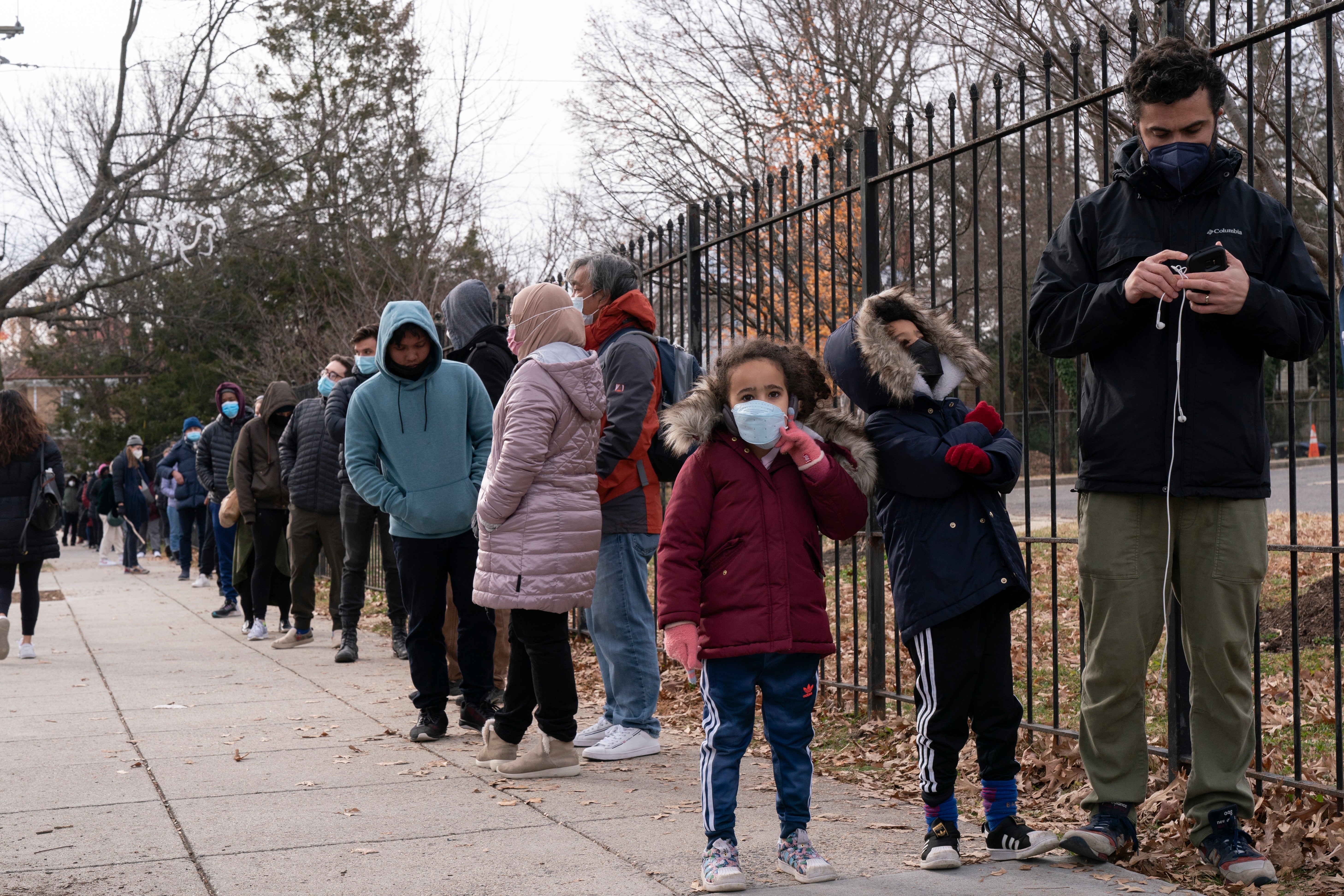'Another storm coming': WHO warns of omicron surge in Europe
The World Health Organization’s top official in Europe urged governments to prepare for a “significant surge” in coronavirus cases across the continent with the rise of the omicron variant

The World Health Organization’s top official in Europe urged governments on Tuesday to prepare for a “significant surge” in coronavirus cases across the continent due to the omicron variant, which is already dominant in several countries.
“We can see another storm coming,” WHO Europe regional director Dr. Hans Kluge said at a press conference in Vienna “Within weeks, omicron will dominate in more countries of the region, pushing already stretched health systems further to the brink.”
Omicron has been detected in at least 38 of the WHO European region’s 53 members, Kluge added, noting that it is already the dominant variant in the United Kingdom, Denmark and Portugal.
Last week, 27,000 people died from coronavirus in the region and an additional 2.6 million cases were reported, Kluge said. Although these cases include all variants, not just omicron, he noted this figure is 40% higher than during the same period last year.
“The sheer volume of new COVID-19 infections could lead to more hospitalizations and widespread disruption to health systems and other critical services,” he said.
Thus far, Kluge said 89% of those with confirmed omicron infections in Europe reported symptoms common with other coronavirus variants, including cough, sore throat, fever. The variant has mostly been spread by young people in their 20s and 30s in the region, he added.
Although much remains unknown about omicron, Kluge said it appears to be more infectious than previous variants, leading to “previously unseen transmission rates” in countries with a significant number of omicron cases. In those countries, cases of the variant are doubling every 1.5 to 3 days.
European governments should keep ramping up their vaccination campaigns, introduce additional measures to slow the spread of the variant, and prepare critical infrastructure like health care systems for the coming surge, Kluge said.
___
Follow all AP stories on the pandemic at https://apnews.com/hub/coronavirus-pandemic.
Bookmark popover
Removed from bookmarks